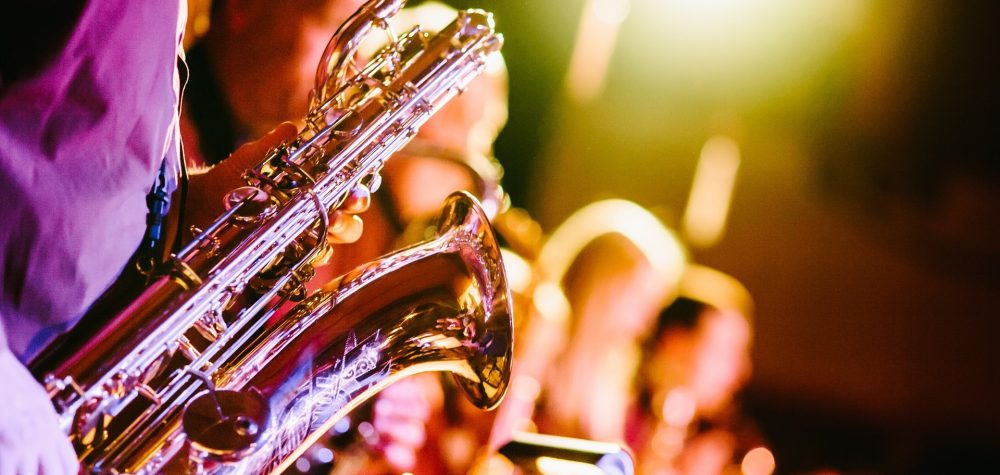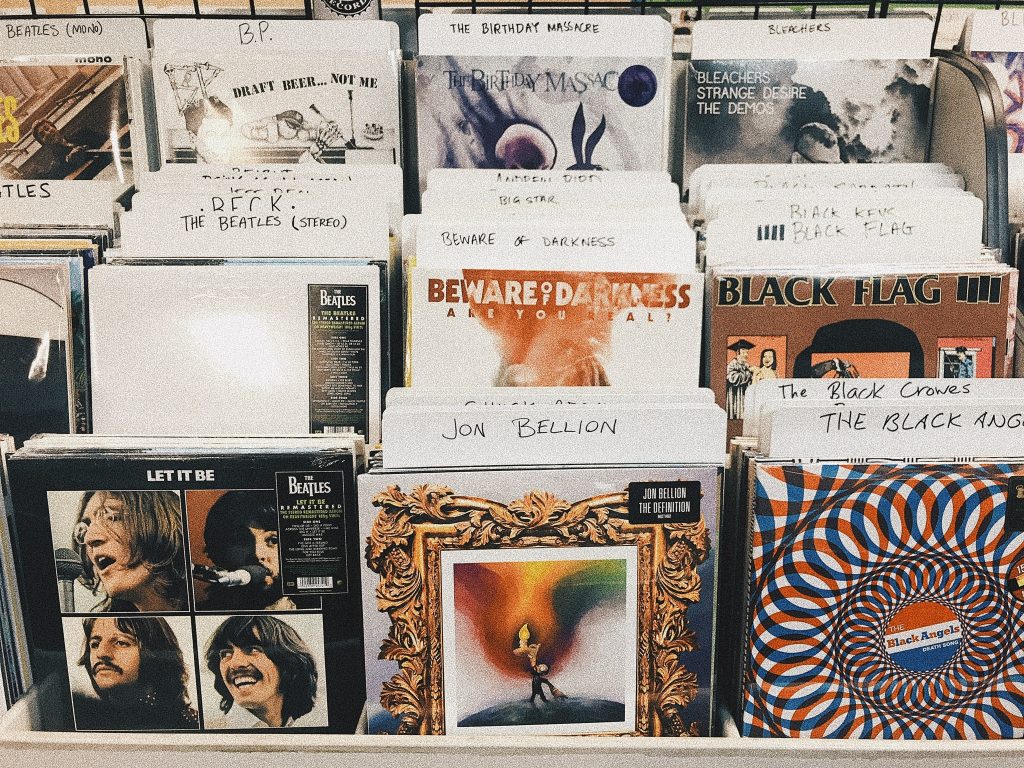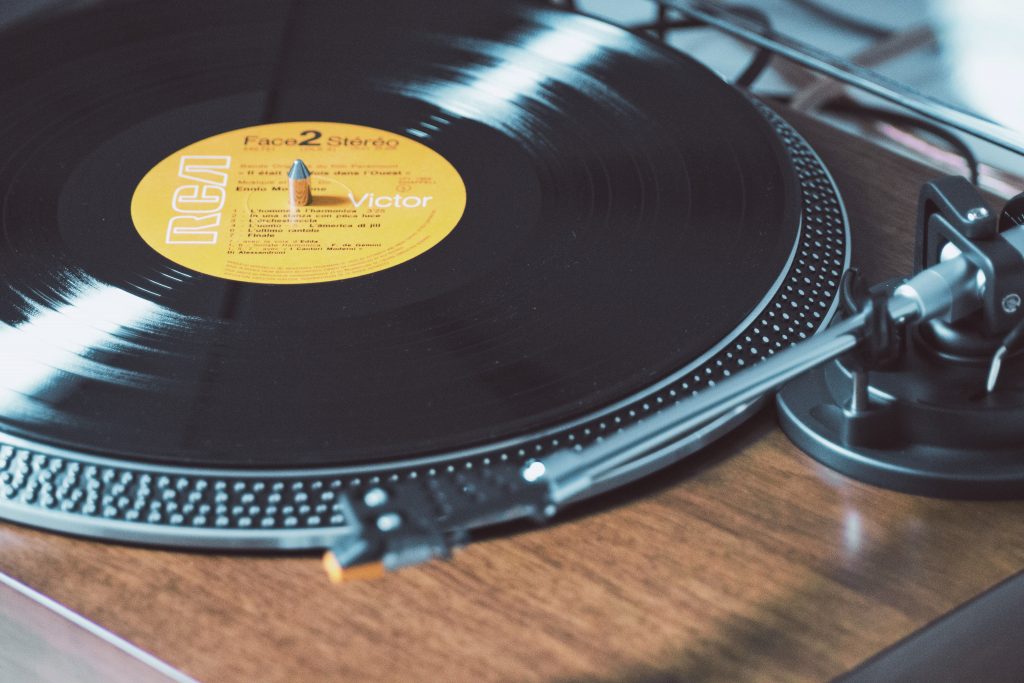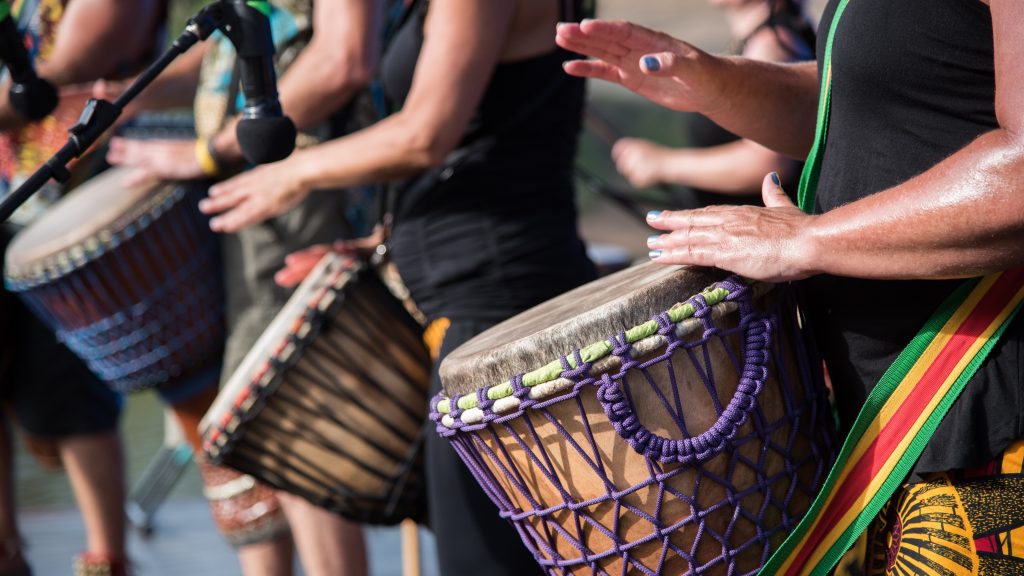How listening to music can improve your health.

Thinking about my own personal relationship with music, I have go to songs when I’m in need a mood lift, playlists to relax to, favourite artists who help me through the difficult times life inevitably throws at us? I can’t imagine not having music in my life – can you?
Throughout our lives Music is a constant and one of the ways we express ourselves as individuals, or helps us to connect with others. From family parties or events, to sharing time with friends, music is often a trigger to remembering these times years after.

Recently I was taking a train up to London, listening to a playlist from my Uni days remembering the fun times we had, so when I got home I organised a get together with a group of friends – was a great night of music and chat !
For those living with depression, loneliness or long term illness, music therapy is a positive approach used to help individuals through the ability to stimulate all parts of the brain which controls our creativity, motor skills and emotional well-being.
Why can I remember the words to old tracks?
Listening to the radio, it is amazing how we can clearly remember the words to tracks from our younger days, especially those we associate with particular events in our lives helping us to reminisce. Whilst our short term memory may challenge us all the more as we age, it’s surprising how recalling the words to favourite songs continues to come naturally.

This nostalgia or “memory bump” is known to be connected to our lives between the age of 10 & 30 yrs, where we are gaining our independence and our brains were maturing, absorbing huge amounts of data, experiences and emotions along the way. Its this that stays with us into our senior years and even when our short term memory may fail us we can still recall the music which was so important to us in the past.
Music therapy can help those living with Dementia
For those living with certain forms of Dementia, it can be a lonely and frustrating place to be, but there are loads of examples where music can be extremely powerful in lifting mood and creating engagement. Singing along is often a great way to boost confidence of those with Dementia, take a look at the BBC series Our Dementia Choir, where in just 3 months actor Vicky McClure from Line of Duty fame, brought together an inspiring group of people, all living with forms of Dementia to perform together. It was such an inspiration to see the positive effect it had for those involved and encourage others to get involved with music.
I was also watching “The Song a minute Man” and again it’s hard not to be inspired by the power that music has played in the relationship of Teddy Mac and his son, since he was diagnosed with Alzheimer’s in 2013. What’s more since 2016 they have raised over £150,000 for Alzheimers.org from the sale of their music together, which is amazing.

A friends dad who has lived independently at home for over 10 years with frontal lobe Dementia loves his music, especially country. He’ll often head to a car boot in hunt of new records and takes great comfort from his music, playing both his original vinyl records at home, listening to playlists created by his family and regularly going to concerts in the city with close friends.
Its so easy these days to stream music, ask Alexa to play favourite songs and finding music playlists is now made easier with the BBC music memories channel. It has been specifically designed to use music to help people with dementia reconnect with their memories, through a selection of channels based on music from specific by gone era’s.
Using music to help reduce feelings of loneliness
The number of local community groups which bring people together though a love of music is growing across the county. Chatting to a neighbour, she had recently joined a local choir as part her way of coping with supporting a relative living with Alzheimer’s, She finds it a great release and something just for her. Apparently you are even welcome if you can’t sing, its all about the taking part and social connections !
To combat loneliness, music groups and choirs are increasingly popular ways to counter stress and signs of frustration or agitation, as singing or playing an instrument allows individuals to express feelings in a different way. A great example is the Alzheimers Society run “Singing for the Brain” sessions, helping empower people to express themselves.

Even at home, being able to reminisce with an older relative over music from their era, is a great way to spend time with them, getting old vinyls out or creating playlists of past and present music can help them feel included and generally leads to old stories from their past coming out ! Similarly on a cold winter’s day, getting cosy on the sofa watching old musicals with a hot chocolate and packet of hobnobs, is a great way to spend time together.
Some local groups to look out for in the UK include:
- Lost Chord – providing interactive sessions of live music, song and dance.
- Singing for the Brain – group singing sessions across the UK
- Live Music now – have branches across the UK and a series of performances.
Conclusion
Music helps people express themselves and connect with others over a common topic.
Music can be a positive approach to managing depression through stimulating the creative side of the brain.
For those living with dementia, music can be powerful in lifting moods and creating engagement.
Taking part in community music groups can help to reduce the loneliness of living alone in our senior years.
What works for you? Please let us know in the comment box below, we would love to hear from you.
Written by: Nicky Macfarlane, Co-Founder of Cognect.com. Learn more about how Cognect is helping families to support their golden age parents, to live independently in their own homes for longer.
